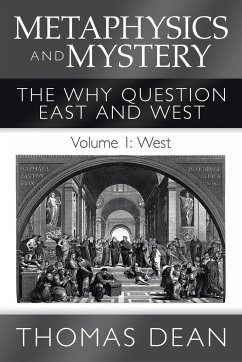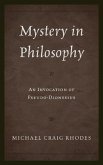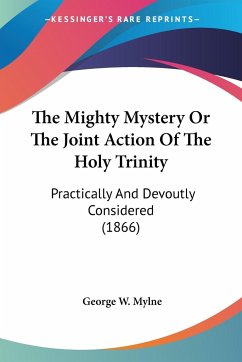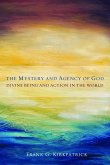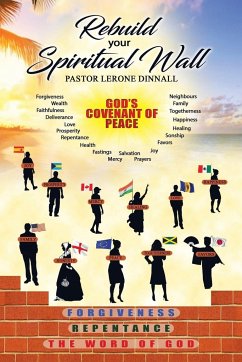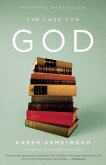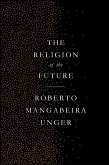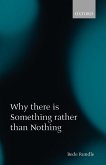Metaphysics and Mystery: The Why Question East and West is a critical analysis, comparison, and evaluation of philosophical answers, Western and Asian, to the question "Why is there something rather than nothing?" The question, first posed by the seventeenth-century philosopher Leibniz, was reintroduced in the twentieth century by Heidegger. Volume 1 begins with an introduction that lays out the issues raised by the why question. It then analyzes contemporary Western philosophers who provide either cosmological-metaphysical or existential-ontological answers to the question. It also considers transitional answers that bridge the two. Volume 2 examines Asian philosophers, classical and contemporary, who, though rejecting the assumptions behind the question, put forward nondualist answers that have a direct bearing on it. It concludes with an argument for a revised understanding of the why question that draws on the strengths and weaknesses of these Western and Asian philosophies and explores implications for ethics and religious thought.
Hinweis: Dieser Artikel kann nur an eine deutsche Lieferadresse ausgeliefert werden.
Hinweis: Dieser Artikel kann nur an eine deutsche Lieferadresse ausgeliefert werden.

